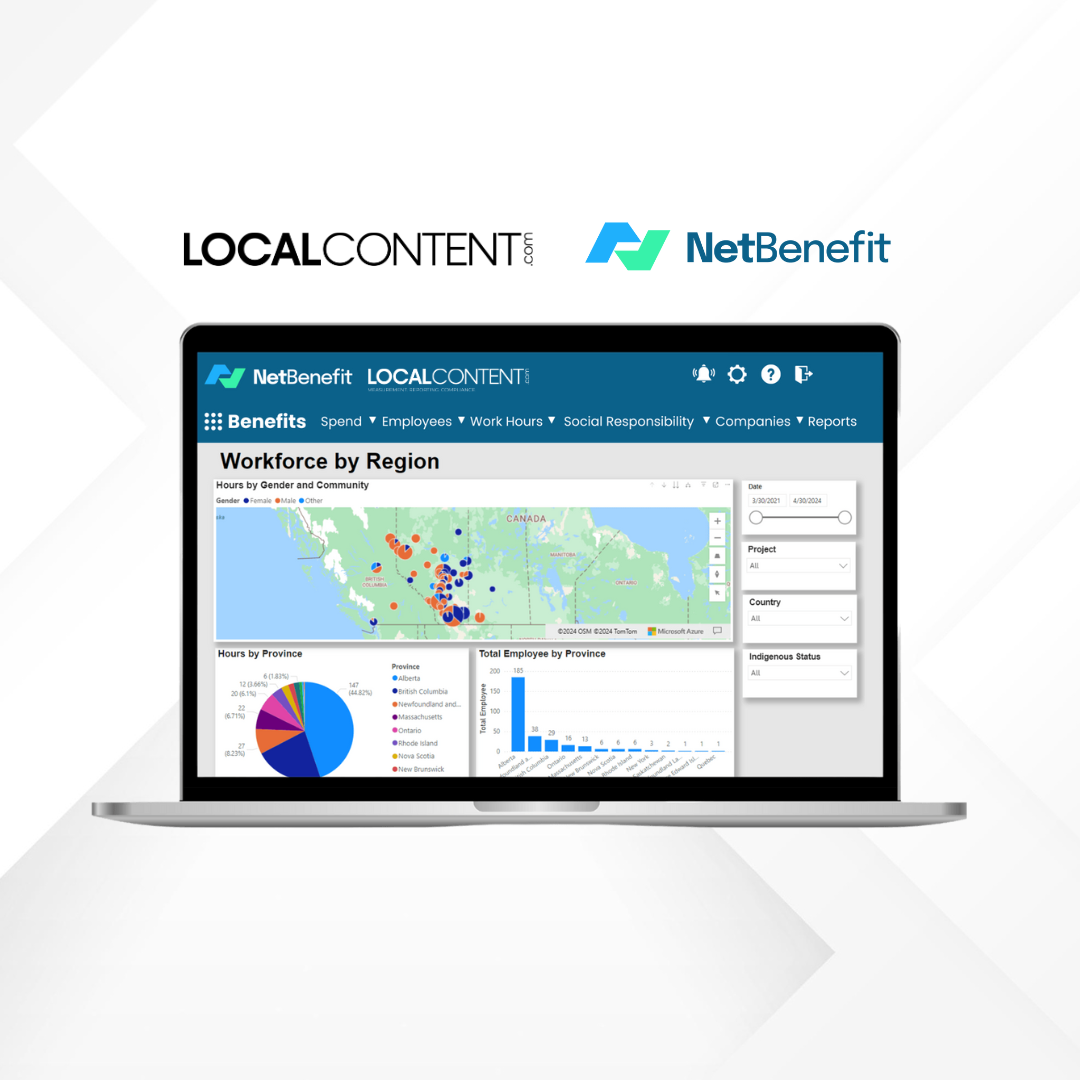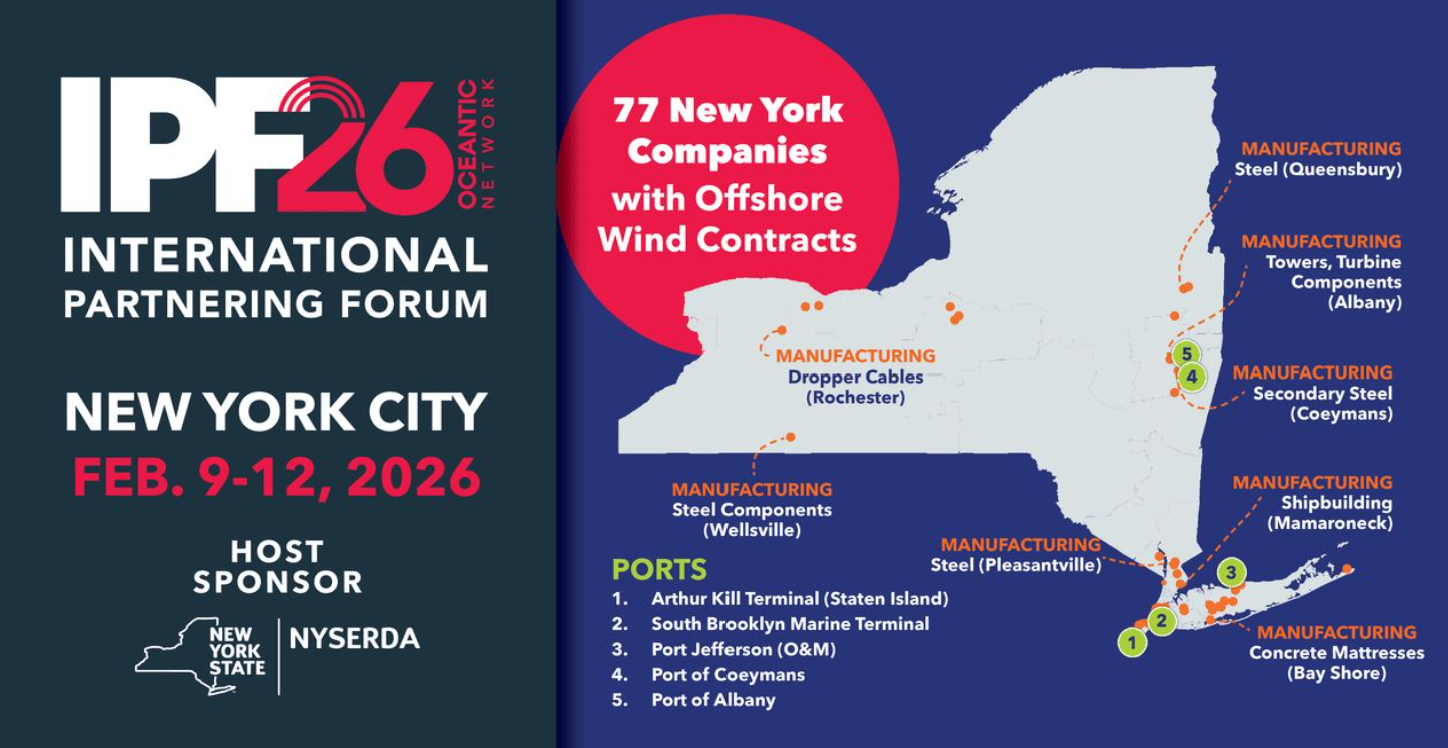In the realm of U.S. infrastructure development, community benefit investments (CBIs) have emerged as pivotal tools for fostering local development, mitigating environmental impacts, and promoting social equity. However, while these investments hold promise for positive societal outcomes, they also pose challenges related to governance, transparency, and ensuring equitable distribution of benefits. Let’s explore the significance of CBIs across sectors like clean energy, offshore wind, and manufacturing, along with measures aimed at preventing misuse and maintaining public trust.
The Importance of Community Benefit Investments
Community benefit investments refer to financial commitments and initiatives undertaken by industries to benefit communities affected by their operations. These agreements, negotiated with governmental bodies, nonprofits, and community stakeholders, aim to address socio-economic disparities, enhance infrastructure, and promote environmental stewardship.
Compliance Requirements: In the United States, regulatory frameworks often mandate specific requirements for CBIs in infrastructure projects. For instance, renewable energy projects may be required to allocate funds towards local job creation, environmental mitigation measures, and community enhancement projects. Compliance ensures that industries contribute to local development in proportion to their operational impacts.
Data Insights: The size of CBIs can vary significantly depending on project scale and regional regulatory frameworks. For example, offshore wind projects may involve multi-million-dollar investments in local communities, encompassing initiatives such as educational programs, environmental conservation efforts, and infrastructure improvements.

Challenges of Misuse and Governance
Despite their potential benefits, CBIs are susceptible to misuse, misallocation, and insufficient oversight. Instances of inadequate transparency, lack of community consultation, and divergent stakeholder expectations can undermine trust and diminish the intended socio-economic and environmental benefits. Addressing these challenges requires robust governance frameworks and effective monitoring mechanisms.
Governance Frameworks: Clear guidelines and governance frameworks are essential to mitigate the risk of misuse in CBIs. Industry associations, regulatory bodies, and stakeholders collaborate to establish standardized practices for negotiating, implementing, and monitoring CBIs. These frameworks ensure compliance with legal requirements, alignment with community expectations, and adherence to ethical standards.
Stakeholder Engagement: Transparent and inclusive stakeholder engagement processes are crucial for building trust and fostering accountability. Industries increasingly adopt participatory approaches that solicit community input, address concerns, and incorporate feedback into decision-making processes related to CBIs. Engaging local residents, advocacy groups, and affected communities ensures diverse perspectives are considered and informs ongoing initiatives.
Monitoring and Reporting: Rigorous monitoring and reporting mechanisms are integral to assessing the impact of CBIs. Regular audits, performance evaluations, and public disclosures of financial allocations and project outcomes enhance transparency and enable stakeholders to track progress, evaluate effectiveness, and hold parties accountable for their commitments. Transparent reporting on environmental stewardship, socio-economic benefits, and community engagement initiatives reinforces credibility and builds stakeholder confidence in the outcomes of CBIs.
Several examples illustrate successful implementation of community benefit investments in U.S. infrastructure industries:
1. Clean Energy Sector: Solar and wind energy projects often incorporate CBIs to support local economies and promote renewable energy adoption. Companies like NextEra Energy engage in community partnerships that include job training programs, land conservation efforts, and educational initiatives to benefit communities hosting their renewable energy facilities.
2. Offshore Wind Projects: Ørsted, a leader in offshore wind development, implements CBIs that encompass educational scholarships, marine habitat restoration projects, and infrastructure investments in coastal communities. Transparent reporting on environmental impact assessments and community engagement efforts enhances project acceptance and stakeholder trust.
3. Manufacturing Facilities: Automakers like General Motors invest in CBIs that focus on workforce development, supplier diversity programs, and environmental sustainability in communities where they operate manufacturing facilities. Regular reporting on job creation metrics, sustainability goals, and community engagement activities underscores their commitment to social responsibility.
Ensuring Public Trust: Toward Ethical Leadership and Accountability
As U.S. infrastructure industries continue to evolve, the strategic deployment of community benefit investments remains essential for fostering sustainable development and enhancing community well-being. By prioritizing ethical practices, stakeholder collaboration, and transparent governance, industries can navigate challenges, build resilient partnerships, and deliver lasting value to communities.
Community benefit investments represent a crucial mechanism for U.S. infrastructure industries to align business objectives with societal needs, promote economic growth, and address environmental challenges. However, effective implementation requires vigilance in governance, transparency in reporting, and genuine engagement with stakeholders to uphold accountability and safeguard public trust. By embracing these principles, industries can leverage CBIs to drive positive impact and create sustainable outcomes for communities across the nation.










